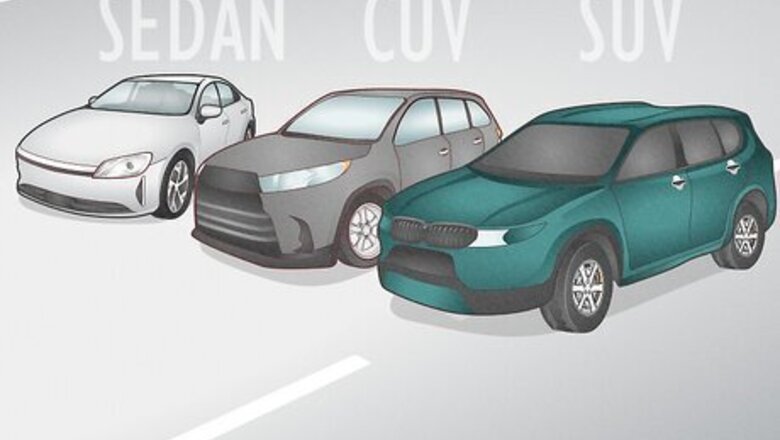
views
CUV Meaning
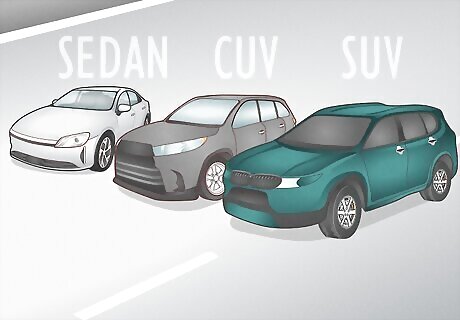
A CUV is bigger than a sedan but smaller than an SUV. CUV stands for crossover utility vehicle. This vehicle is a blend between a passenger car, like a sedan or coupe, and a light truck, like an SUV (sport utility vehicle) or pickup truck. CUVs are well known for their great gas mileage, roomy interior, drivability, and high ride height. A CUV typically has 4 doors, a hatchback, and a boxy body similar to an SUV. Some popular examples of CUVs are the Honda CR-V, Toyota RAV4, Mazda CX30, Subaru Forester, and Kia Sportage. CUVs are often referred to as crossovers or crossover SUVs. While SUVs and CUVs are different, many CUVs are labeled or sold as SUVs. If you're not sure whether a vehicle is a CUV or SUV, check out the differences below to determine what it is.
Differences Between a CUV and an SUV
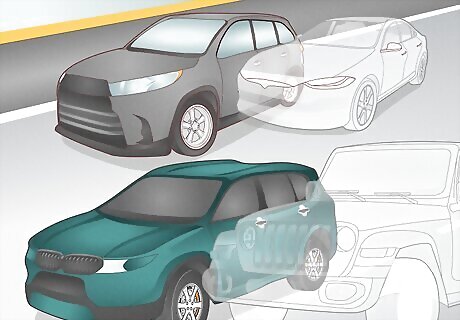
CUVs are built on a car platform, while SUVs are on a truck platform. The main difference between CUVs and SUVs is their construction. CUVs are built on a car-based platform or unibody, meaning the CUV’s body and frame (chassis) are joined together. An SUV is built on a truck-based platform or body-on-frame, meaning that the SUV’s body and frame are separate pieces. This makes CUVs more similar to cars and sedans while SUVs are more similar to trucks. CUVs typically have a less boxy body than SUVs, though they’re more box-like than sedans and passenger cars.
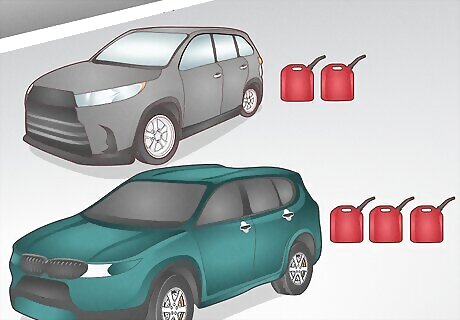
CUVs are typically more fuel-efficient than SUVs. Car-based platforms are usually lighter and thus more fuel-efficient than heavier truck-based platforms. So, CUVs generally have greater gas mileage and fuel economy than SUVs. The higher fuel efficiency typically makes CUVs less expensive to buy and keep up than SUVs. CUVs are usually larger and heavier than most passenger cars. However, they are typically only slightly less fuel efficient.
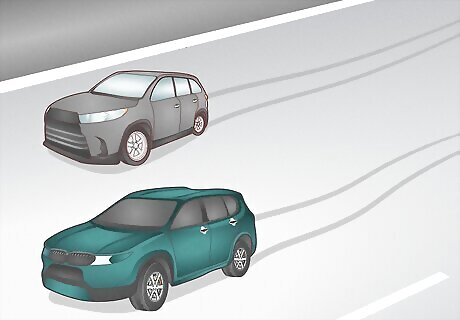
CUVs are usually easier to drive than SUVs. Due to their car-based unibody, the CUV has the smooth handling and driving comfort of a passenger car. They typically have a sportier performance than SUVs, making them easier to drive and great for cities. The SUV’s heavier, truck-based body can make it more difficult to drive and handle.
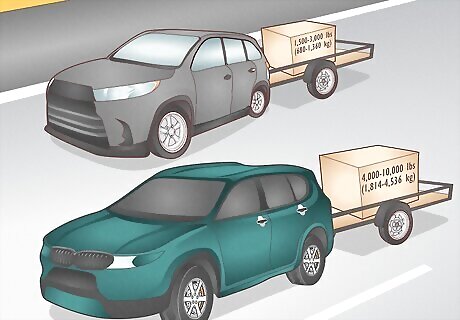
CUVs tend to have less power and torque than SUVs. The SUV is built on a truck-based platform, meaning it has a similar weight and powerful engine to pickup trucks. This usually makes the SUV better at towing and pulling heavier objects than CUVs. On average, CUVs can tow between 1,500 to 3,000 lbs (680-1,360 kg). SUVs can generally tow over 4,000 lbs (1,814 kg) and sometimes up to 10,000 lbs (4,536 kg).
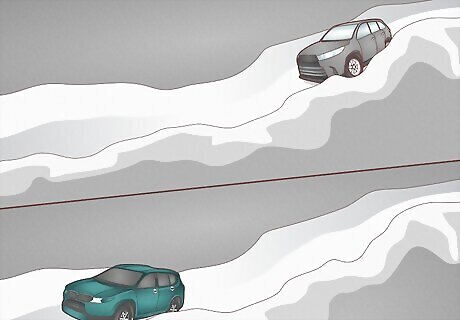
CUVs are usually less suited for offroading than SUVs. The SUV’s powerful engine and truck-based, body-on-frame platform means it typically has better handling on snow, mud, rocks, and other rough terrain than CUVs. SUVs also usually come with all-wheel or 4-wheel drive which makes them even better for offroading, while CUVs usually only have 2-wheel drive. Many CUVs can be upgraded to have all-wheel drive, giving them a similar offroading capacity to SUVs. Generally, CUVs with only a 2-wheel drive aren’t meant for offroading. However, they are better able to navigate diverse terrains than passenger cars.
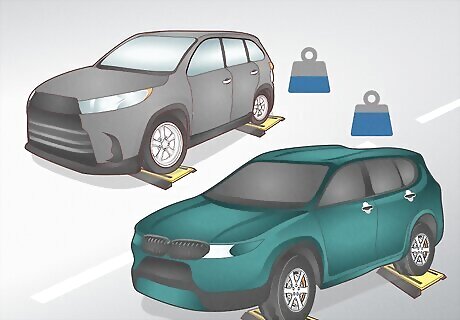
CUVs are typically lighter and slightly smaller than SUVs. The CUV’s car-based body usually makes it lighter than an SUV. These vehicles often don’t have a third backseat, unlike SUVs. So, CUVs are generally smaller and shorter than SUVs. While CUVs might be lighter and smaller than SUVs, they tend to have a similar amount of storage and cargo space. CUVs and SUVs also typically have a similar ride height, which is the height from the bottom of the tire to the underside of the vehicle. Both CUVs and SUVs have a higher ride height than passenger cars.
Should I buy a CUV or an SUV?
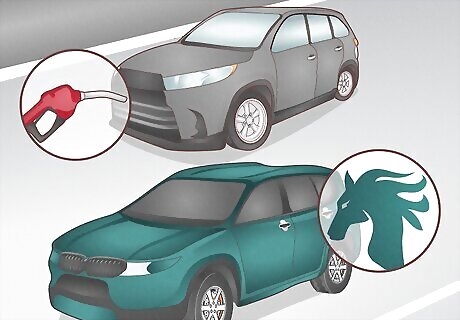
For fuel efficiency, go with a CUV; for power and towing, go with an SUV. When deciding between a CUV or SUV, think about your driving needs and lifestyle. If you’re a commuter who wants a vehicle that’s easy to drive and has great gas mileage and storage, choose a CUV. If you like to offroad or need to frequently tow heavy objects, go with an SUV. Consider your budget, too. In general, CUVs are less expensive than SUVs.


















Comments
0 comment